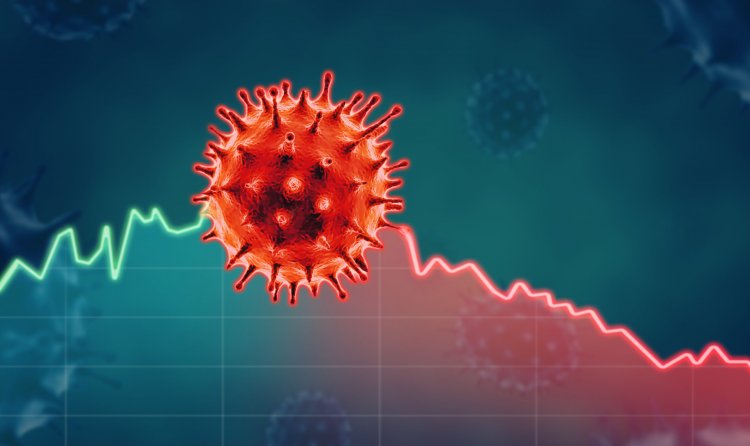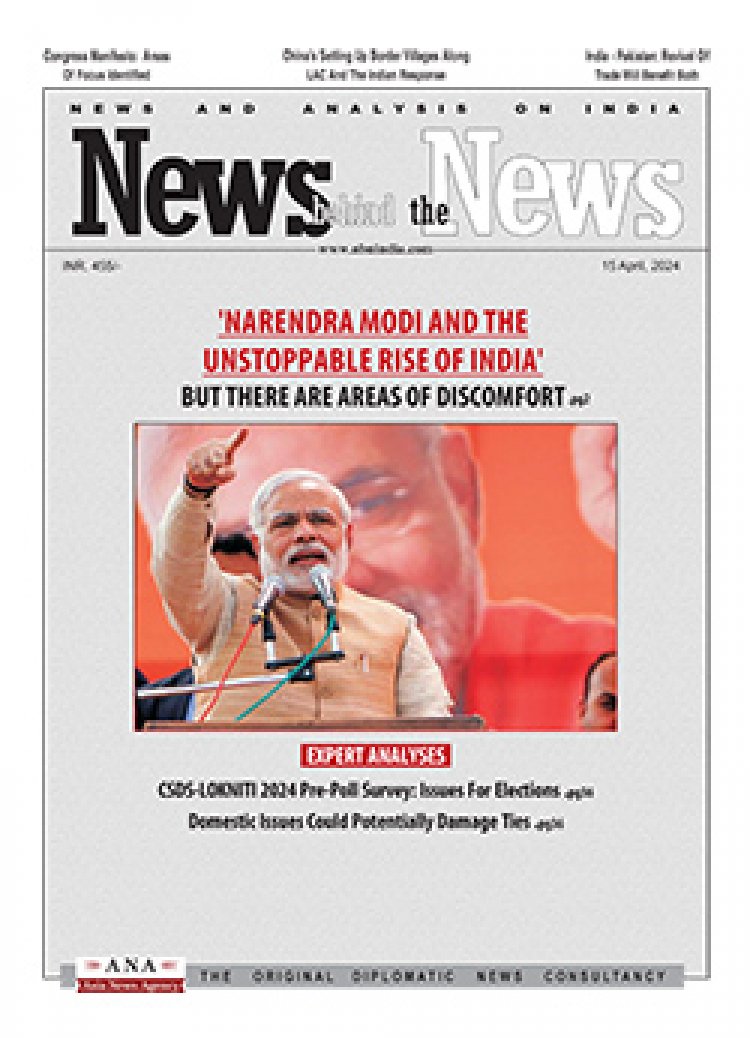COVID AND THE ECONOMY

Asia News Agency Editorial Board
The number of Covid-19 cases in India crossed million Thursday. The rise from half a million to 1 million cases has taken just 20 days. Only two countries, the US and Brazil, have a larger caseload than India. The number of fatalities has crossed well over 25,000.
The future of the pandemic doesn’t look all the healthy. Indian Institute of Science (IISc) has mapped the potential best-case and worst-case scenarios in the country’s coronavirus curve. According to the Bengaluru institute, as per the best-case scenario, India could witness the peak of coronavirus spread by September this year. As per the worst-case scenario, the peak could be as far as March 2021 with a total of 6.2 crore cases. The researchers took into account the current trend to project the figures.
According to the IISc research, if the current trend of cases continues then India could have 37 lakh coronavirus cases by September 1, including 10 lakh active cases. However, if the trend is better than the current scenario, then India could see as many as 20 lakh COVID cases, including 4.75 active cases, and 88,000 deaths by September 1.
If the better-than-the-current-trend scenario continues then India could have 37.4 lakh coronavirus cases, 14 lakh active cases and 1.9 lakh deaths by the end of March 2021.
In another study, researchers from the Massachusetts Institute of Technology (MIT) have predicted that the number of Covid-10 cases per day in India may surge to 2.87 lakh by early 2021 if a vaccine or treatment isn’t developed soon. In fact, India may record the highest number of fresh cases in the world by the end of winter in 2021, according to this study.
Covid-19 uncertainty impacts the economy
There are other studies that correlate Covid with the economy. A specific study states that because the Covid-19 cases are plateauing, economic activity is decelerating in areas of mobility data, jobs data or electricity consumption etc.
Udit Misra (Deputy Associate Editor, Indian Express) argues that there is a relationship between Covid and the economy.
First, there is a great amount of uncertainty surrounding the future course of the pandemic and this “has very real implications’ for the economy. The uncertainty “seems to have upset any chance of a steady and energetic resumption of normal business activity. Every week sees a city, district, or state enforcing newer, albeit limited, lockdowns.”
At the same time, economists arguing that while the economy will contract this year, next year growth will rebound equally sharply. “But the analysts gave no reason for their optimism.”
Misra argues that “the lowest point of the economy will come after (and not before) the number of Covid cases has peaked. Yet, in the interim, with each passing week and month, the economic stress continues to build because the economy is working well below its potential. That essentially translates to individuals earning less and, as a result, holding back consumption.” And that, in turn, makes businesses wary.
There is no quick fix. And “nothing will happen without astute and targeted policy action. For instance, governance in Indian banks (especially those in the public sector) needs to be reformed urgently……..very little has been done on that front.”















